Generations of Johnston and Wood families have called Hayes home and have demonstrated a commitment to the land, property and the people who lived there.
Throughout its history, Hayes has hosted notable state and federal events. The state’s Supreme Court and House of Representatives have both dined at Hayes. In 1906, Hayes was the site of the ceremony that moved the body of James Wilson, a signer of the Declaration of Independence, from the Hayes cemetery to Philadelphia.
African Americans families also played an important role at Hayes. Slavery was present until the end of the Civil War, an economic decision James Johnston questioned as early as the 1840s. Upon the death of James Johnston at the end of the Civil War, many of the newly freed enslaved people left the farm while others returned to work as tenant farmers or paid house staff.
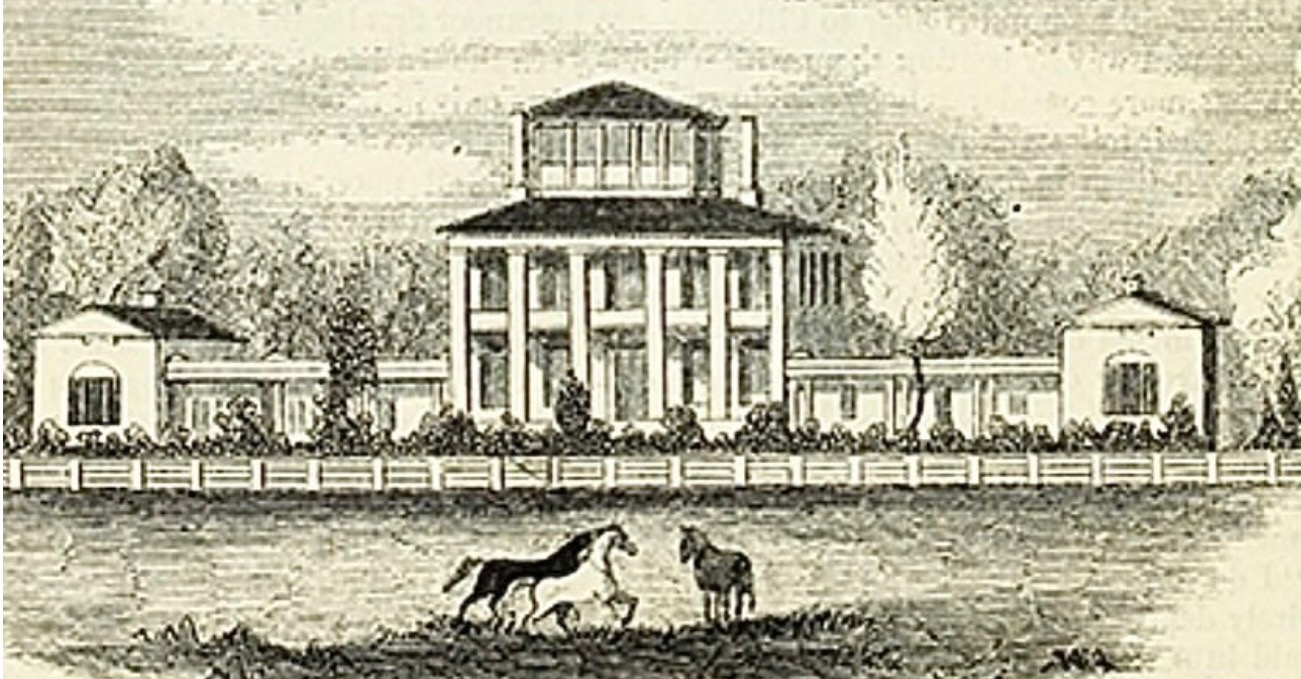
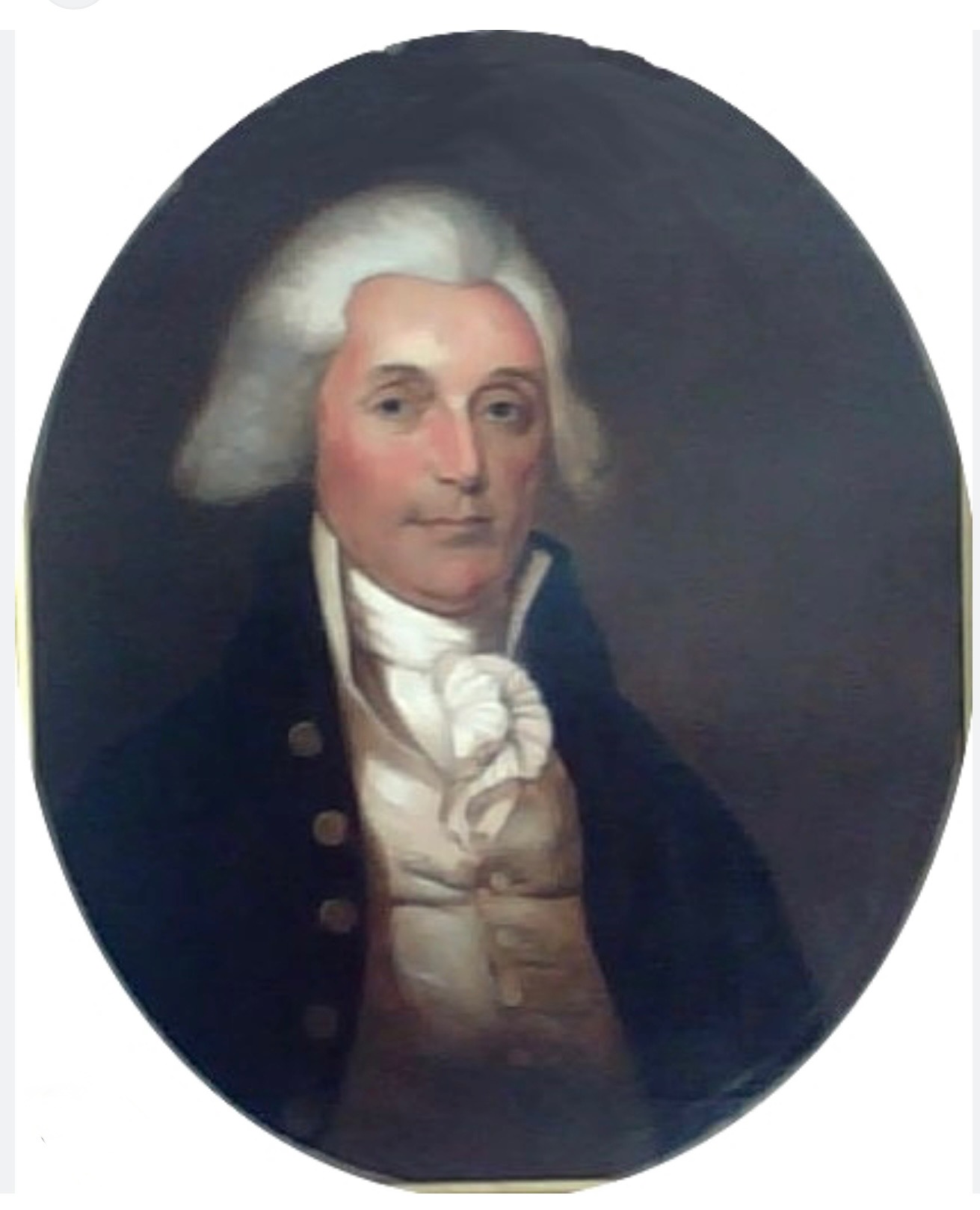
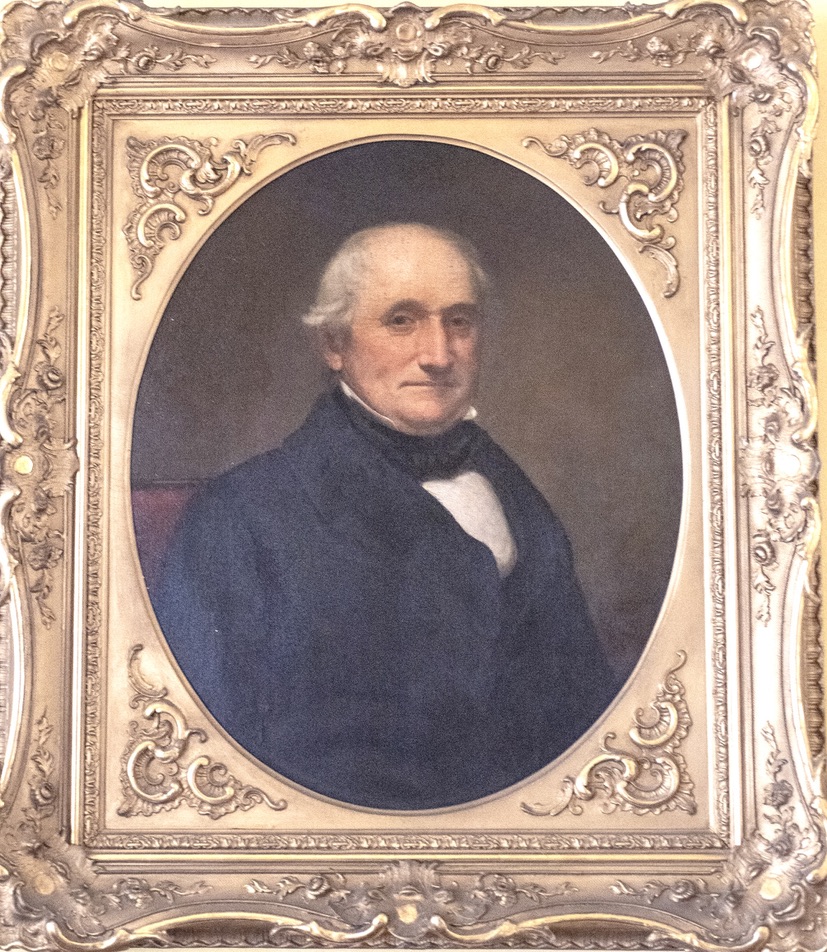
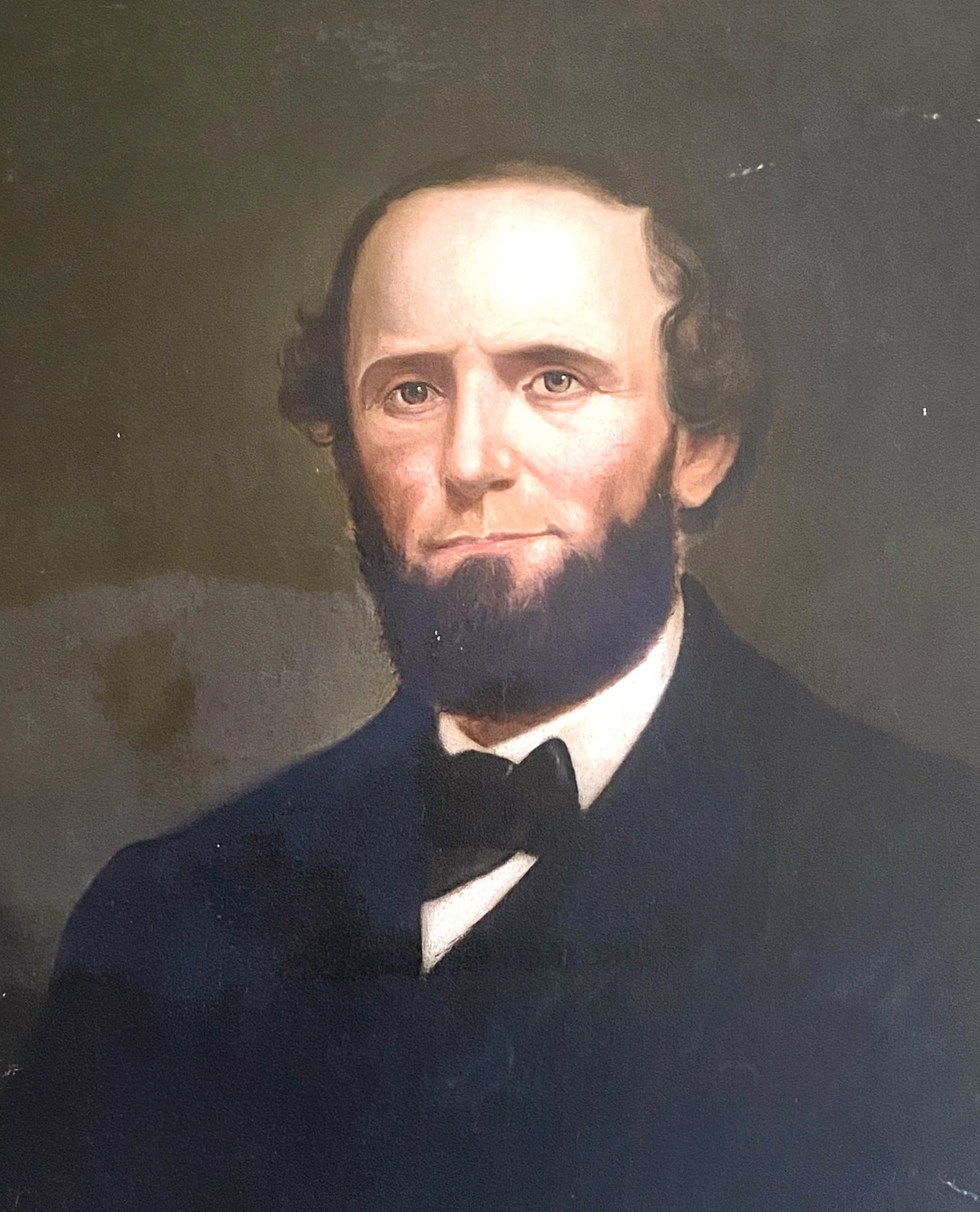
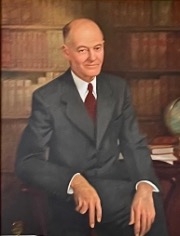
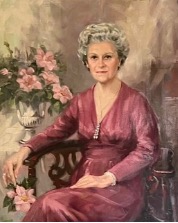 JOHN GILLIAM WOOD (1884-1956) married LEILA BUDLONG, (1889-1976) who created the Camellia and Boxwood gardens.
JOHN GILLIAM WOOD (1884-1956) married LEILA BUDLONG, (1889-1976) who created the Camellia and Boxwood gardens.